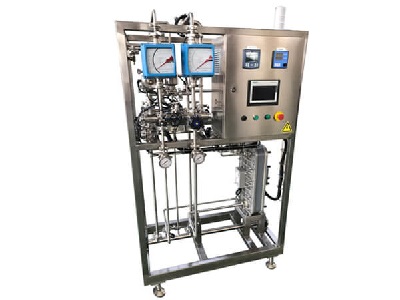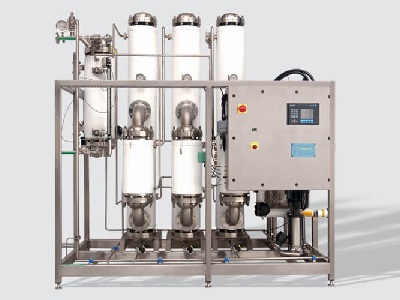In pharmaceutical and biotechnology industries, the production of water for injection (WFI) is a critical process that demands the highest standards of purity and sterility. Achieving the required temperature for sterilization is a fundamental step in this process. Traditionally, pharmaceutical companies have employed various heating methods, but in recent years, WFI heat exchangers have emerged as a superior alternative. In this blog, we will conduct a comparative analysis of WFI heat exchangers and traditional heating methods to highlight the advantages of this modern technology.
Direct Steam Injection
In this method, steam is directly injected into purified water to raise its temperature. While effective for heating, it has several drawbacks. It can lead to uneven heating, which may result in localized overheating or inadequate sterilization. Additionally, direct steam injection introduces the risk of contaminants from the steam source.
Electric Heaters
Electric heaters are another traditional option. They are efficient but can be slow in heating large volumes of water. Moreover, they require a significant amount of energy, contributing to higher operational costs.
Boiling
Boiling is a basic method of heating water, but it may not always achieve the precise temperature control required for WFI. It can also be time-consuming and inefficient for large-scale production.
WFI heat exchanger offers several advantages over traditional methods:
Precise Temperature Control
Heat exchangers provide precise temperature control, ensuring that WFI reaches and maintains the required sterilization temperature consistently. This precision eliminates the risk of under- or overheating.
Energy Efficiency
WFI heat exchanger is designed to be energy-efficient. They use minimal energy to achieve the desired temperature, reducing operational costs and aligning with sustainability goals.
Contamination Control
WFI heat exchangers are constructed using materials that meet pharmaceutical industry standards. This ensures that the water remains pure and uncontaminated during the heating process.
Reduced Maintenance
Modern heat exchangers are designed for minimal maintenance, reducing downtime and associated costs.
Pharmaceutical and biotechnology industries are heavily regulated, with strict requirements for water quality and production processes. WFI heat exchangers are designed with compliance in mind, helping companies meet these stringent standards.
The comparative analysis clearly favors WFI heat exchanger as the superior choice for heating water for injection in pharmaceutical and biotechnology applications. Their precise temperature control, energy efficiency, contamination control, and compliance with regulatory standards make them the ideal solution. While traditional heating methods may have been used in the past, the pharmaceutical industry is increasingly recognizing the benefits of WFI heat exchanger in achieving consistent, high-quality WFI while reducing operational costs and environmental impact.


